I hated saving shoe boxes for my 2nd grade students to create a habitat box for science.
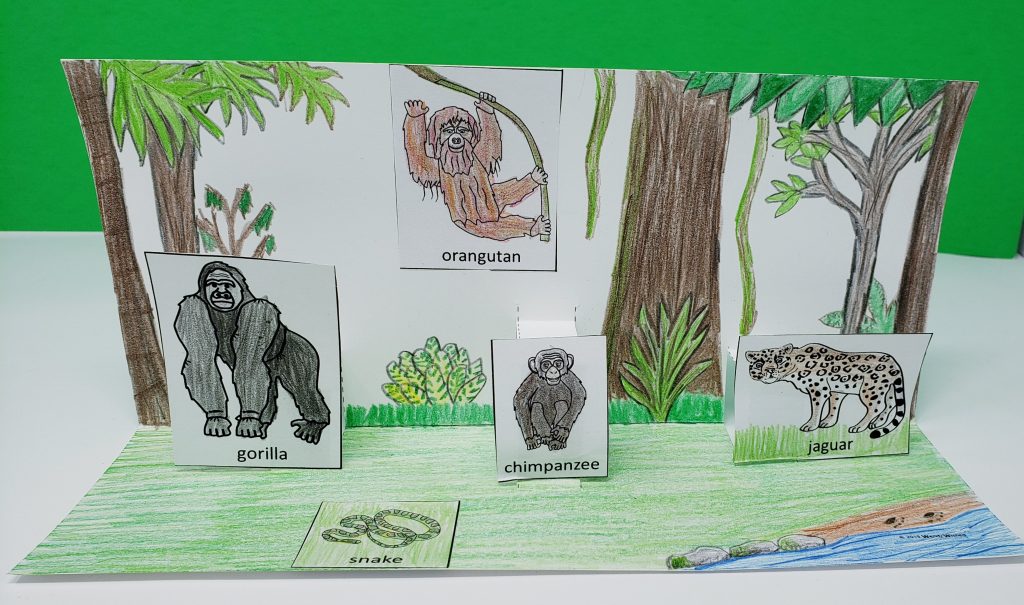
Creating dioramas is a fantastic hands-on approach to teaching science in 2nd grade, however, all those shoe boxes made things complicated. While the traditional shoebox design has been a go-to for many teachers, let’s consider a pop-up craft alternative, offering a creative option which both teachers and students can enjoy. And no shoe boxes need to be collected.
Dioramas with Pop-up Elements
Elevate the traditional diorama by incorporating pop-up elements. As a child, I loved to read pop up books. Elements popping up off the page bring scenes to life and in turn will add an extra layer of excitement to a science project.
Take the Burden off Parents: Using pop up scenes instead will benefit families. They won’t be stuck finding a box any longer. And you won’t be stuck stock piling them either. Purchasing items will be eliminated from the list of errands families have to do before practice or after dinner. Money won’t have to be spent on materials to include.
Be Inspired by Books: Draw inspiration from pop-up books to create visually captivating dioramas. Teachers can work with the school librarian or even the public library on-line catalog system to check out pop up books to share with the class. Noticing features which pop off the page may inspire your students as they create their own.
Incorporate Technology: Students can search for images to print which can be used as a background for their scene. This is a good alternative for students who are not as artistic, don’t enjoy crafts, or don’t feel they have good enough drawing skills. This option will offer a modern twist that resonates with tech-savvy students.
Incorporate Knowledge: Provide students with a rubric or a design planning sheet. Let them know what needs to be included such as food, water, shelter, plant life, weather, prey, etc. Students should include various aspects within the scene.
Summarize the Project: Students write about their scene and recap information about the project created insuring that critical elements were included.
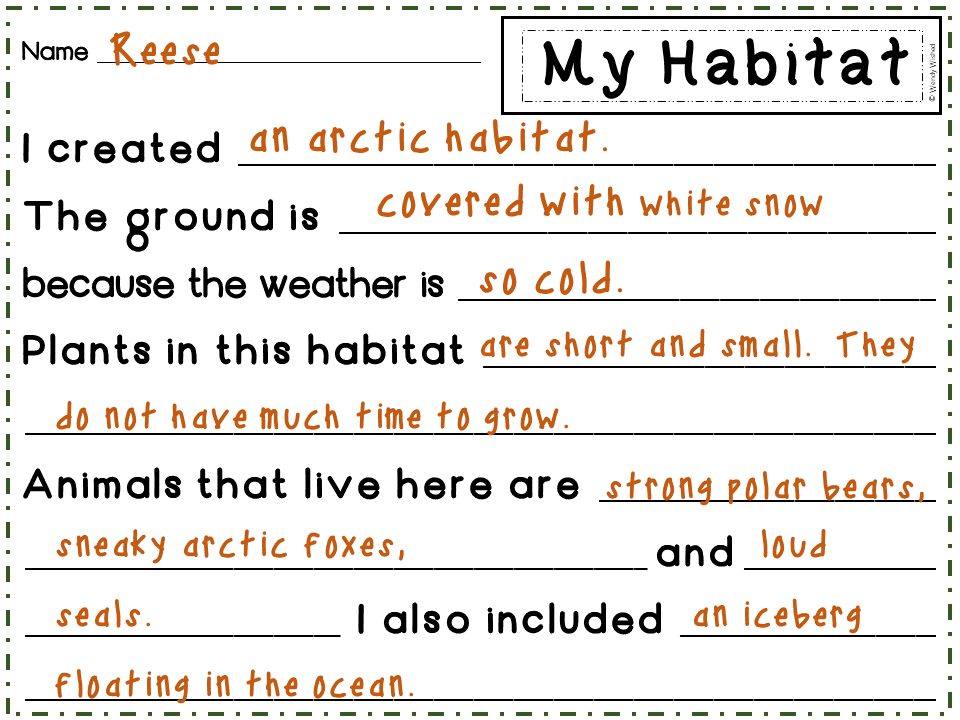
Differentiate for Students: All levels of students can create this type of project. A basic background can consist of a loopy circle to create a cloud, the top of a tree, and a water puddle. It’s not too complicated to draw the environment for the animal. Folding and cutting out the tabs may require some assistance. The example below focuses on increasing animal names and practicing high frequency word knowledge. It would be a great addition to your kindergarten zoo unit or a first grade science lesson comparing external body parts of animals.
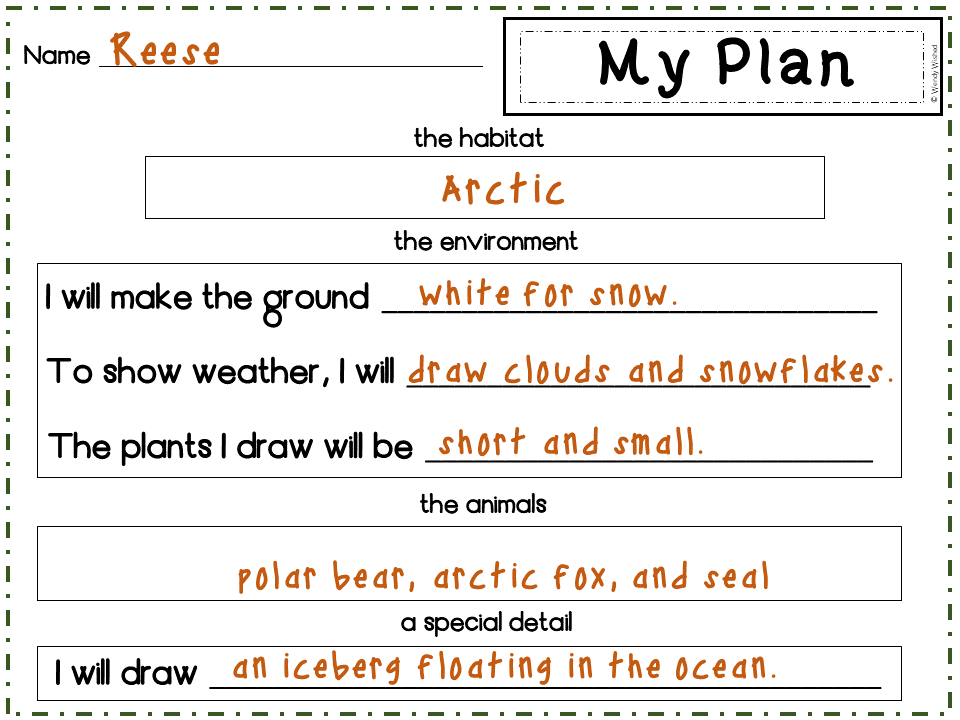
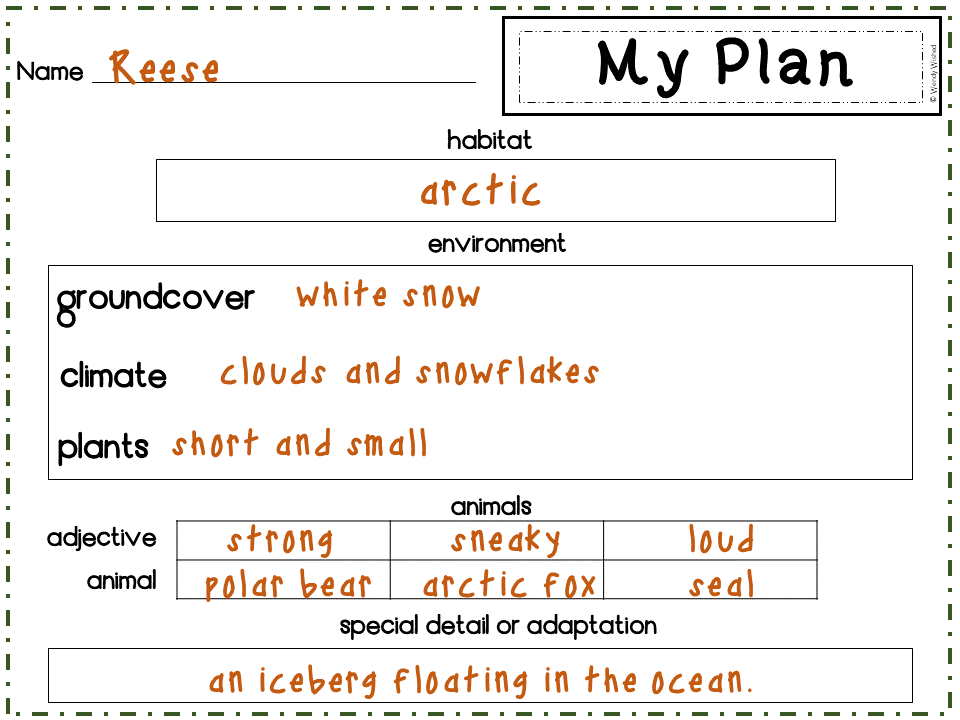
Ditch Shoe Box Collecting for Pop-Up Projects
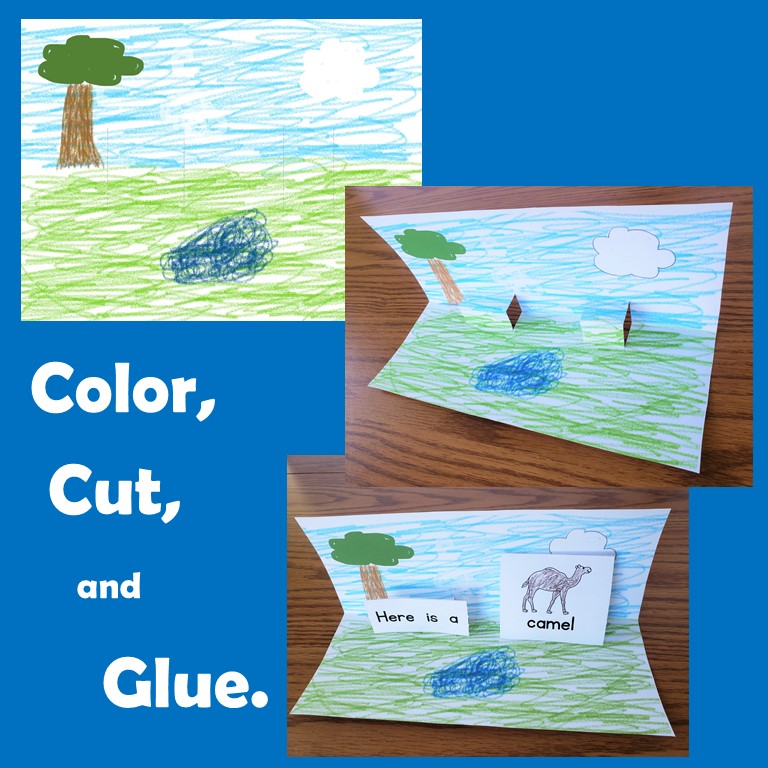
As educators, let’s transition away from traditional shoebox projects. Teachers can breathe new life into science projects. The use of pop-up crafts offers a range of exciting options that engage kindergarten through 2nd grade students in a more interactive and dynamic learning experience. Trying this alternative is sure to make science class a memorable adventure for both teachers and students alike.
Learn more about the pop up crafts featured above.
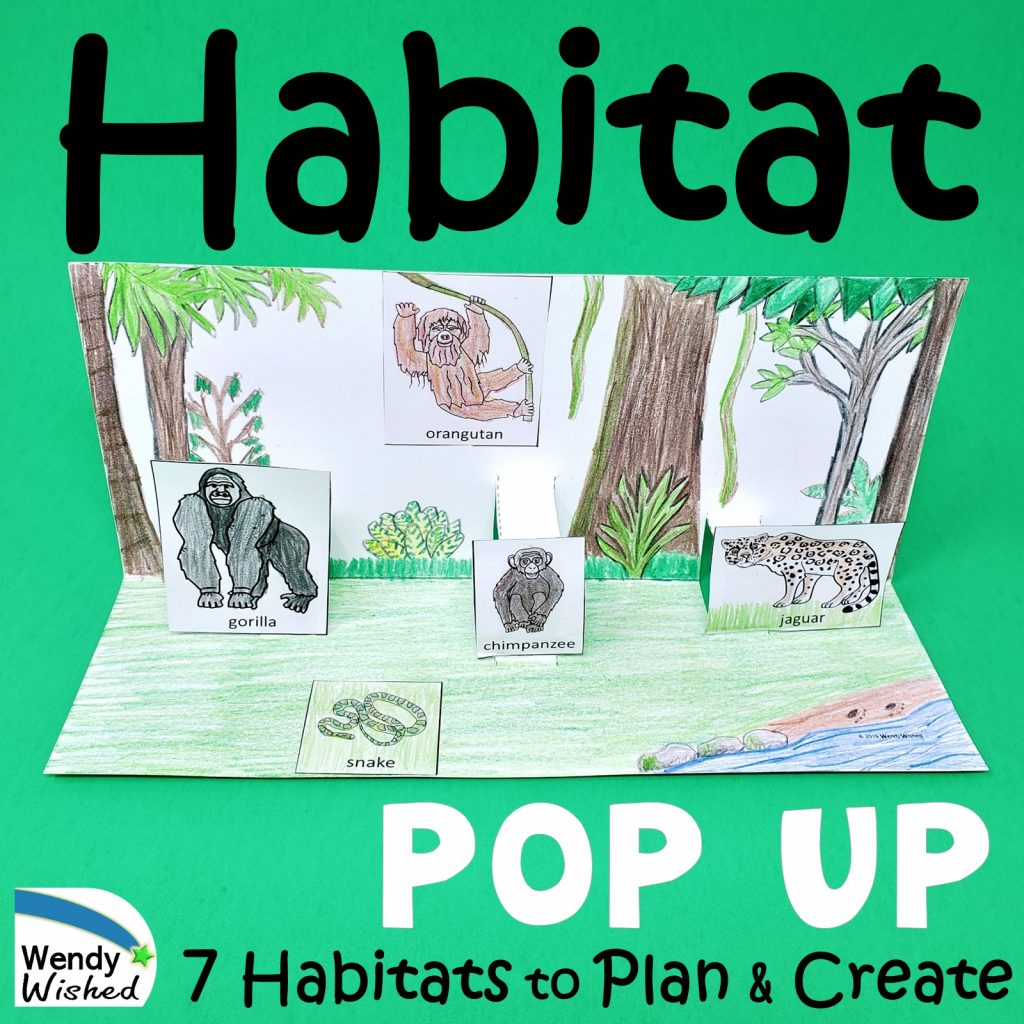
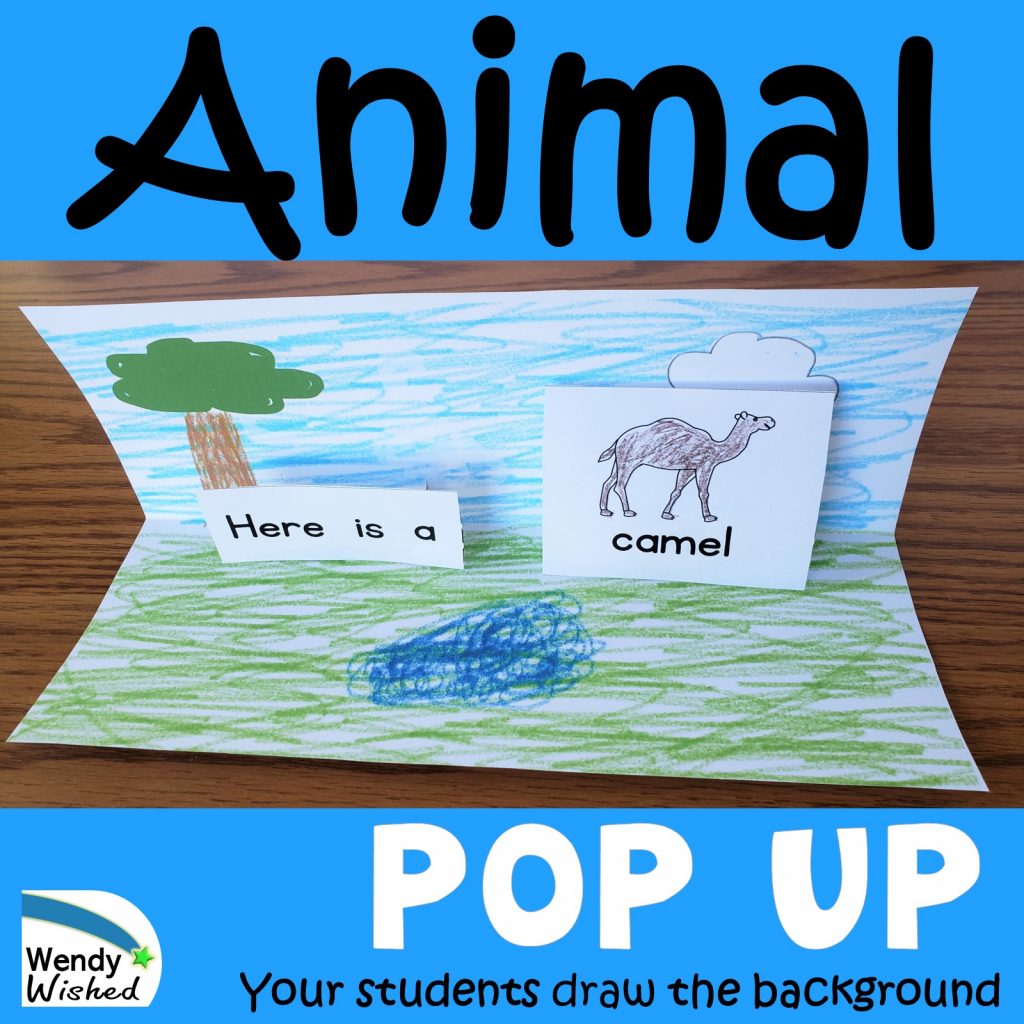
Is your science content lacking?
Add dinosaurs to the curriculum.
Check out this post.


Let’s survive the adventures
of teaching together.
